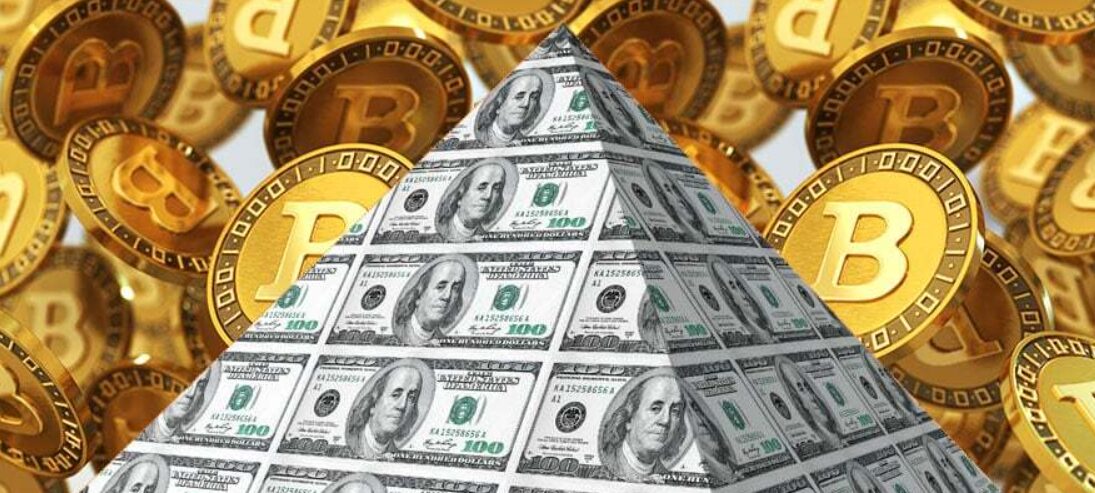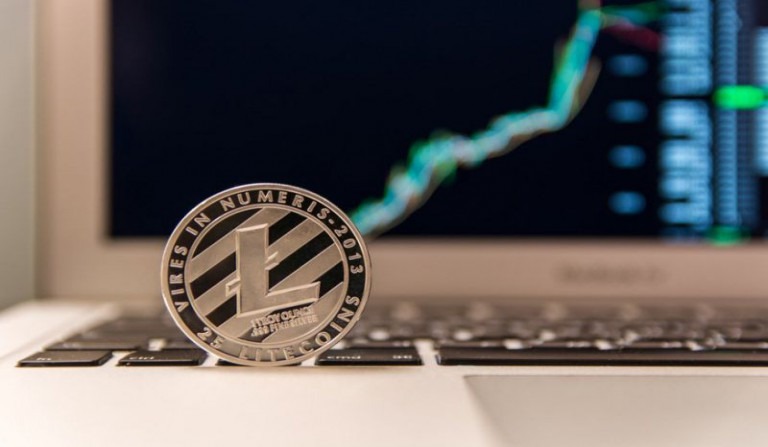We often hear from Bitcoin opponents that the cryptocurrency is just a Ponzi scheme. Why is that not true?
One of the most prominent critics of Bitcoin is the head of the major US bank JP Morgan, Jamie Dimon. He has repeatedly described Bitcoin as a Ponzi scheme, but what is that anyway?
Inventor was a con artist
This fraud scheme is named after the Italian Charles Ponzi. He “invented” a fraudulent investment scheme in which profits are paid to early investors from the deposits of new investors.
The initiator of a Ponzi scheme recruits potential investors and promises them high profits. They do indeed receive money, but it comes from a second generation of investors. The payout serves as word of mouth, which attracts further investors.
The system works until the funds from new investors are no longer sufficient to pay the old investors. Then the house of cards collapses and the investors lose their money.
The Madoff case shocked the financial world
The most famous case of modern times was that of the fraudster Bernie Madoff, whose Ponzi scheme ran for decades and accumulated losses of several billion dollars. The victims of his scheme included not only major banks, but also numerous celebrities, such as film director Stephen Spielberg.
That’s why Bitcoin is not a Ponzi scheme
In any case, the head of JP Morgan is convinced that BTC is a “public decentralized Ponzi scheme.” Although cryptocurrencies have a use on smart contract platforms, in his opinion they are nothing more than a Ponzi scheme as a currency.
But Bitcoin is much more similar to other asset classes, such as gold or art. Some investors accumulate them, while others trade them. BTC does not promise its buyers any return and there is no central profiteer. This distinguishes BTC from a scam such as a Ponzi scheme.
Of course, there are always cases of fraud involving Bitcoin, but the asset is no different from other forms of investment. Bitcoin investors know that the amount of Bitcoins available remains limited. Their value depends solely on supply and demand, so the value can fluctuate considerably.
- CryptoQuant Analyst: Bitcoin Nowhere Near Its Peak – Buckle Up, Hodlers! - December 21, 2024
- Chainalysis: $2.2 Billion Lost to Crypto Hacks in 2024 - December 21, 2024
- Bank of Japan leaves interest rate unchanged: Impact on the macroeconomy and the crypto market - December 20, 2024

























